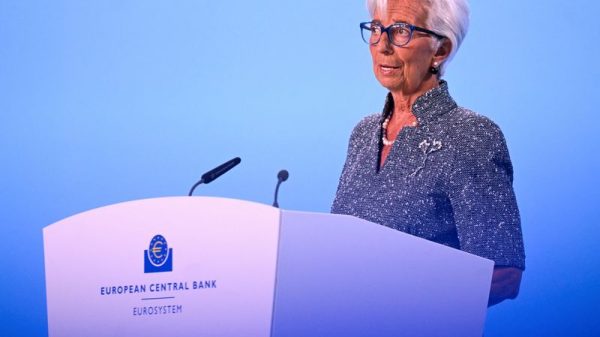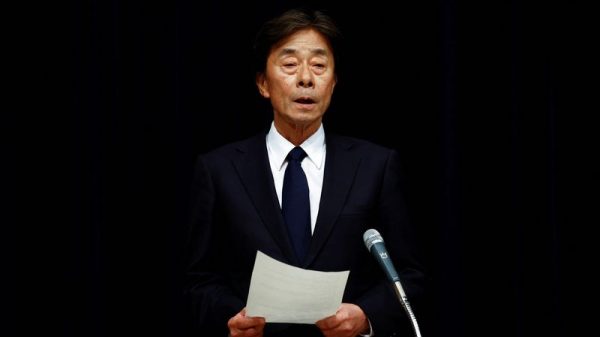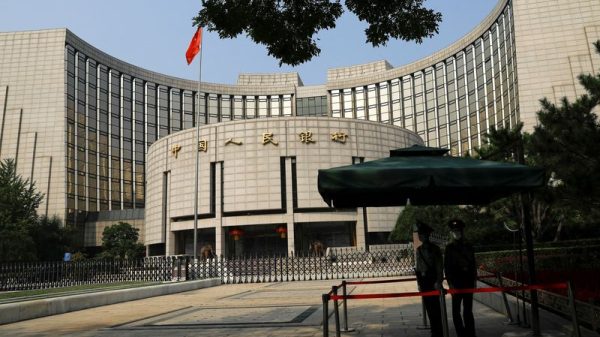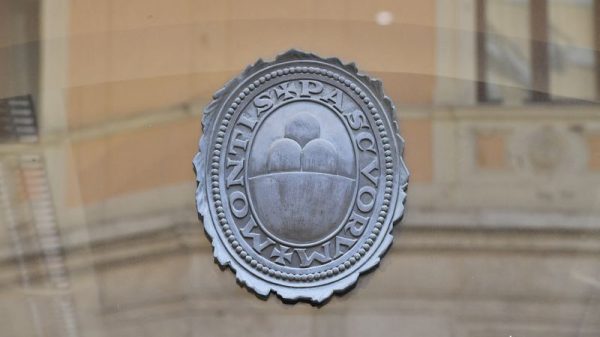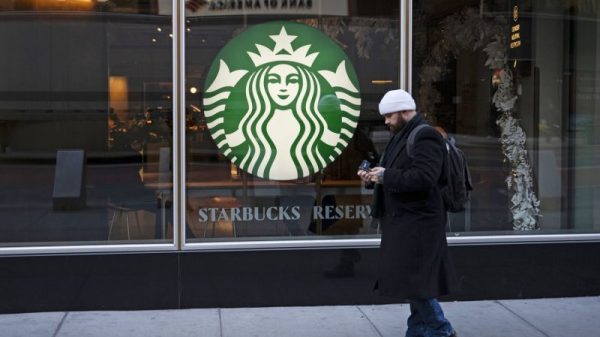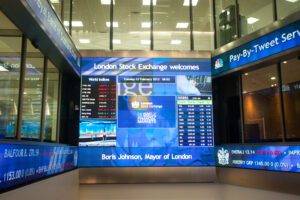The Impact of the £4bn-a-year Share Tax on Stock Markets: A Government’s Dilemma
Introduction:
In recent news, the government has been urged to reconsider the implementation of a £4bn-a-year share tax, which is believed to be hindering the growth of stock markets. This article delves into the potential consequences of such a tax and the dilemma it poses for the government.
The Burden of the Share Tax:
The £4bn-a-year share tax has become a contentious issue, with critics arguing that it is impeding the progress of stock markets. This tax, imposed on shares held by individuals and corporations, has led to a decrease in investment activity and a decline in market liquidity. As a result, stock markets are experiencing a slowdown, hindering economic growth and investor confidence.
Stifling Economic Growth:
One of the primary concerns surrounding the share tax is its impact on economic growth. By discouraging investment, the tax is limiting the capital available for businesses to expand and innovate. This, in turn, hampers job creation and stifles economic progress. With the global economy already grappling with the aftermath of the pandemic, the share tax adds an additional burden that could impede recovery efforts.
Investor Confidence at Stake:
Investor confidence plays a crucial role in the success of stock markets. The imposition of the share tax has created uncertainty among investors, leading to a decrease in market participation. Investors are now more cautious about committing their funds, fearing the potential financial implications of the tax. This lack of confidence not only affects stock markets but also has a ripple effect on other sectors of the economy.
Government’s Dilemma:
The government finds itself in a challenging position, torn between the need for revenue generation and the adverse effects of the share tax on stock markets. While the tax was initially introduced to address income inequality and redistribute wealth, its unintended consequences cannot be ignored. The government must carefully evaluate the long-term implications of the tax and consider alternative measures to achieve its objectives without hindering economic growth.
Exploring Alternatives:
To strike a balance between revenue generation and market growth, the government should explore alternative methods of achieving its goals. This could include revisiting the tax structure, introducing exemptions for small investors, or implementing measures to encourage long-term investments. By adopting a more nuanced approach, the government can address concerns raised by critics while still achieving its desired outcomes.
Conclusion:
The £4bn-a-year share tax has emerged as a contentious issue, with its impact on stock markets becoming increasingly apparent. While the government aims to address income inequality, the unintended consequences of the tax cannot be ignored. Striking a balance between revenue generation and market growth is crucial for sustainable economic development. By reevaluating the share tax and exploring alternative measures, the government can navigate this dilemma and ensure the prosperity of both investors and the economy as a whole.

